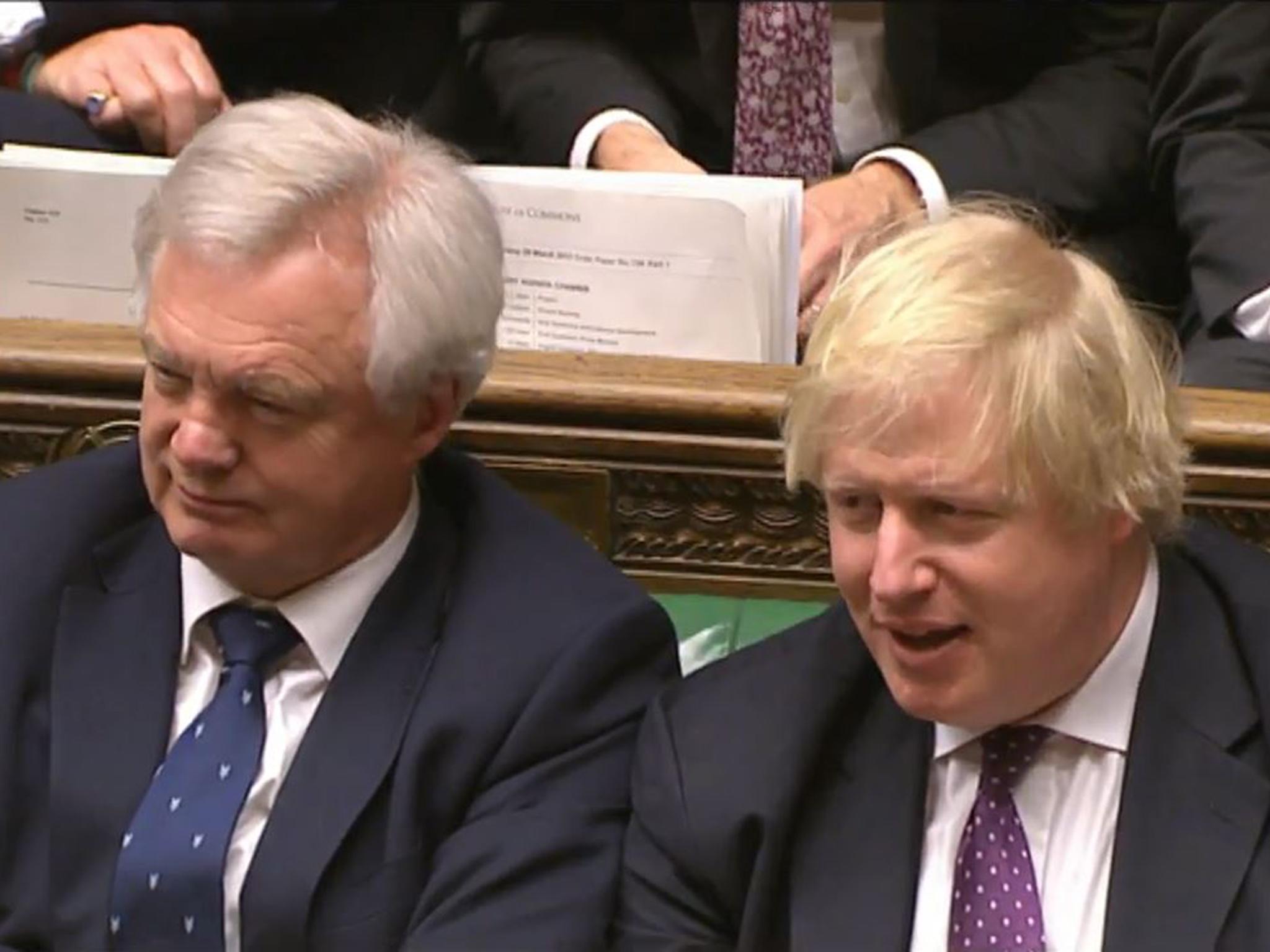Brexit will see 1,000 new laws passed into British law with no parliamentary scrutiny
The Great Repeal Bill will require '800 to 1,000' laws to be passed via statutory instrument, a legislative mechanism that allows laws to be made without a parliamentary vote

A thousand laws will be passed unilaterally and without parliamentary scrutiny when European law is transposed into British law under the Great Repeal Bill, the Brexit department has admitted.
Brexit Secretary David Davis has published a White Paper on the Bill, widely seen as the single most important act of parliament in the Brexit process.
But the document confirms its critics' fears that the task of replacing huge numbers of laws and regulations will require hundreds of laws to be rewritten and then waived through parliament unscrutinised.
The Brexit Department has said that ‘corrections’ to EU laws will number between 800 and 1,000 and will be passed by statutory instrument, a legislative device that allows for laws to be made without a parliamentary vote.
The department said these laws will effect ‘mechanical changes’ to ensure laws function properly after the UK leaves the European Union.
Brexit Secretary David Davis said: "At the heart of the referendum decision was sovereignty. A strong, independent country needs control of its own laws. That process starts now.
"Converting EU law into UK law, and ending the supremacy of lawmakers in Brussels, is an important step in giving businesses, workers and consumers the certainty they need.
"And it will mean that as we seek a comprehensive new economic partnership with the EU, our allies will know that we start from a position where we have the same standards and rules."
The White Paper, entitled 'Legislating for the United Kingdom's withdrawal from the European Union', will set out the details on the Government’s plans to correct what it calls a ‘signifcant proportion’ of EU legislation which ‘will not work’ after Brexit.
The number of statutory instruments is significantly less than the 5,000 or more that had been feared, but there are still concerns that these laws will be used to remove protections for workers.
Trades Union Congress Secretary General Frances O’Grady said the TUC would be “watching closely".
She said: “The Great Repeal Bill is the Prime Minister’s chance to make good on her promise to fully protect and maintain all workers’ rights that come from the EU.
“These are rights we all rely on – like rules to guarantee safe workplaces, equal pay for women, protection from excessive working hours, and rights to equal treatment for agency workers.
“The TUC will be watching closely to make sure that every workplace right that comes from the EU is protected – now and into the future.
“To honour her repeated public promise to protect workers’ rights, the Prime Minister should put a clause in the Bill that ensures that her government can’t use antiquated Henry VIII powers to go back and punch holes in worker protections on the quiet, without parliamentary scrutiny.”
Join our commenting forum
Join thought-provoking conversations, follow other Independent readers and see their replies
Comments
Bookmark popover
Removed from bookmarks